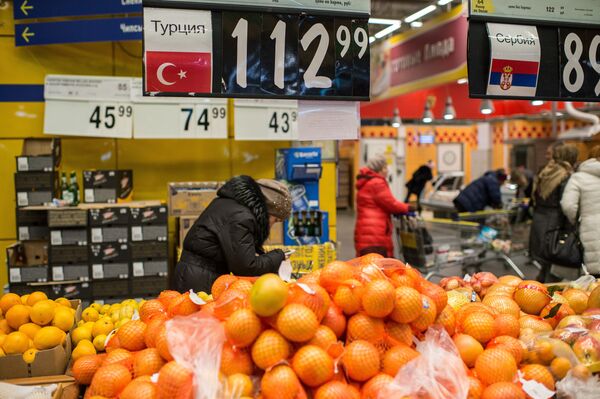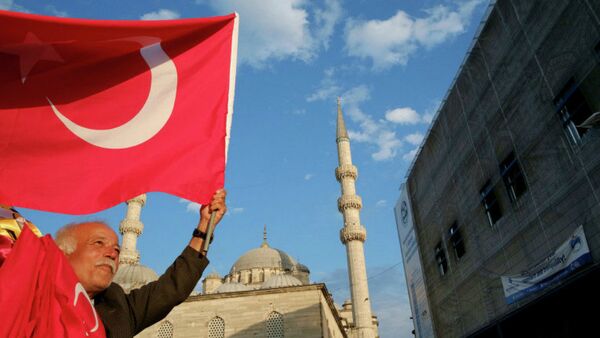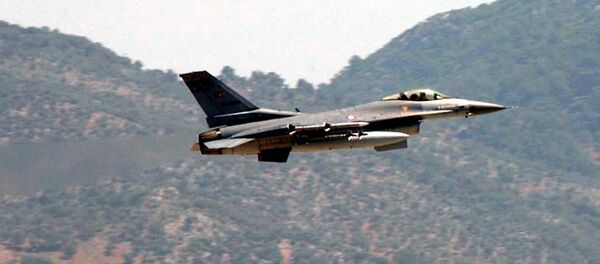After the shooting down, which led to the deaths of two Russian servicemen, Russia produced evidence of the Turkish government's complicity with the Daesh oil trade, and support for radical Islamists in Syria.
In response to Turkey's aggression, and the associated dangers for Russian citizens in Turkey, including the threat of terrorism, the Russian government banned tour operators from selling trips to Turkey, and ended charter flights between the two countries.
"Isn’t it an act of war when you shoot down the war plane of a super power like Russia?" one respondent, a café owner, told CSM.
"It’s a mistake that is endangering Turkey. The downing of the plane and the problems with Putin are affecting us a lot – commercially, tourism-wise. When you see the possibility of conflict it affects the whole country."
A salesman in a woman's clothes store who the newspaper spoke to was positive about the future; "I am not worried at all," he said.
"It will never reach the stage of war."
A jewelry shop owner shared his hope that the two countries will patch up some of their differences; "eighty-four percent of our business is with Russians," he said.
"Turkey and Russia are best friends. They benefit from each other. The only way is to make amends."

In addition, Russia is one of Turkey's largest export markets, and its biggest for fruit and vegetables. Fruit and vegetables from Turkey account for around 20 percent of imports, which will be replaced by imports from countries including Iran, Israel and Morocco, said Russian Agriculture Minister Alexander Tkachev last month.




